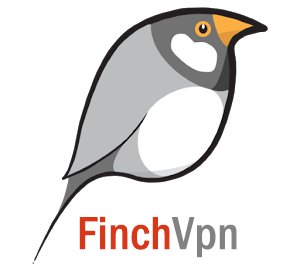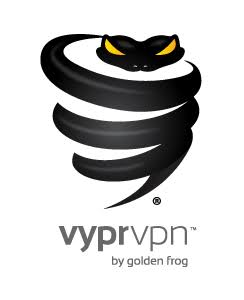FinchVPN Review (2024)
Since it’s an OpenVPN-based service, you can run it on most popular platforms while the security features look solid on the surface. But let’s take a better look!
What we like
- Has a free service
- Very cheap
- Good server coverage
- Acceptable speeds
- Anti-DPI protection
- Supports OpenVPN
- Accepts Bitcoin
- Allows P2P
What we don't like
- Stores connection logs
- Logs user ID and IP address
- May disclose your data to law enforcement (privacy leaks)
- Only one device per license
- Windows client is clumsy
- No refund
- No kill switch
- Does not unblock Netflix US
Features
FinchVPN is a Malaysian provider that debuted in 2012. By now the service has expanded its coverage to 55+ servers in 20 countries.
Finch VPN supports your major operating systems – Windows, Android, Mac, and iOS, as well as Linux. I appreciate how their website is well-organized into comprehensive FAQs, downloads, detailed setup instructions, and videos.
I tried the Finch VPN desktop app for Windows and then their config files for OpenVPN. The website offers a nifty config file generator that lets you download a zip archive of configuration files based on your subscription and complete with your login and password information. This makes using Finch VPN servers from the native OpenVPN client a breeze since you don’t need to enter the login/pass combination for every server the first time you connect. This is a very nice detail that removes the unnecessary hassle for the user. Kudos for that!
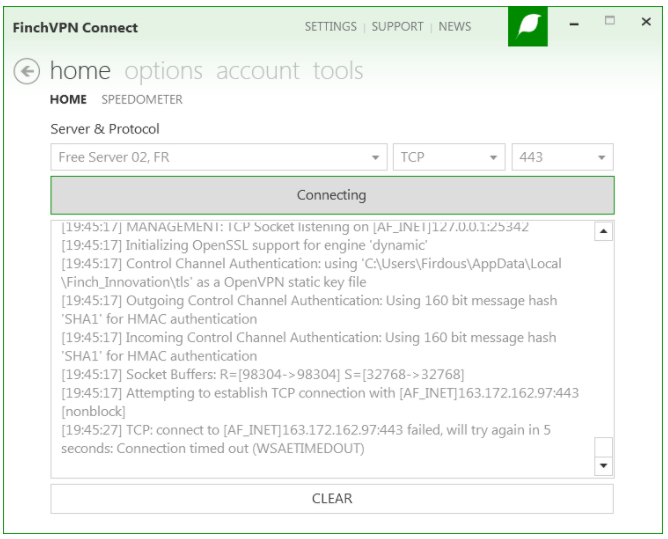
Their desktop app is not my favorite, however. The client freezes, and it’s not always clear if it’s still trying to connect or has tired and decided to give up – the button reads Connecting even if it fails to connect.
The provider offers a handful of ways to contact their support, but live chat is only available for Premier subscribers. Keep in mind that to use Finch on Mac and iOS, you’d have to resort to the native OpenVPN app plus the config files.
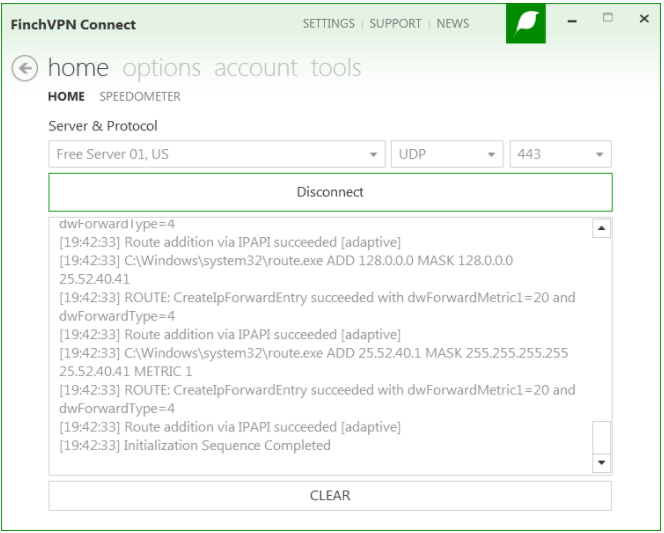
Finch’s desktop client offers basic settings and comes with a nifty server load testing button. Press it to see server availability in real-time. Even though it’s useful, it fails to be user-friendly as the server status tab is a pop-up, from which you can’t connect to a server. And while it’s open, you can’t connect to a server from the main window of the app. This nag can be annoying at times when you just need to connect fast based on server availability.
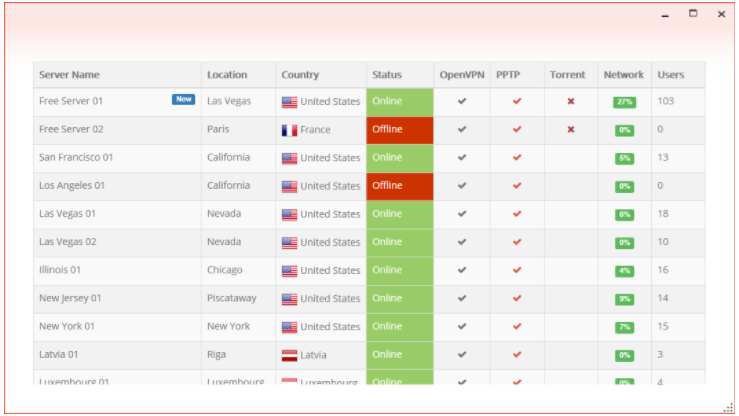
On the bright side, the app lets you switch protocols and use an Anti-DPI feature, which prevents Deep Packet Inspection sniffing. Torrenting is allowed, and you will find that the server uptime tab conveniently marks P2P-ready servers.
For those who are on limited bandwidth, Finch offers a traffic usage counter. It’s worth noting you can only connect one device per account, and there is no kill switch.
Pricing
Finch VPN offers three plans featuring OpenVPN support and encryption. The free forever plan requires your email and affords you 3GB monthly bandwidth. Understandably, the number of available servers is limited.
The two paid plans are slightly different in features and limitations. Pro, suitable for light surfers, costs $1.61/month and affords you 25GB monthly bandwidth. Premier kicks in at $3.21/month and removes the bandwidth cap. It also features port forwarding and live chat support.
Bear in mind there is no refund. Ever. Considering their prices, the lack of a money-back guarantee doesn’t look like a turnoff.
You can also buy a one-week trial for $1, but be ready to pay the transfer fee, so the total would be something like $1.35.
The provider accepts a broad scope of payment methods, including Bitcoin, PayPal, credit cards, and even some regional methods.
Tests
Performance-wise, Finch VPN displayed mixed results. On the one hand, it didn’t negatively affect my speed. Here is my speed test before connecting to VPN:
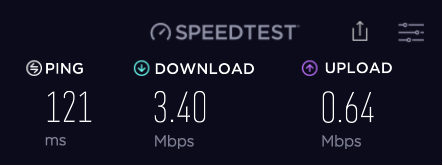
and with VPN enabled:
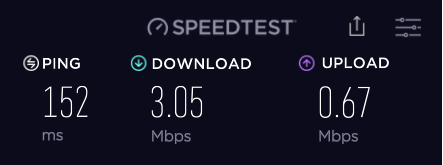
However, it did leak my DNS, which is no good:

The WebRTC leak detected is confusing:

So, despite the fair speeds and encryption, Finch VPN failed to pass basic security tests, which means it might be good for streaming YouTube and Spotify, but you won’t be contacting your source within the government for the next batch of top-secret leaks.
After the disappointing security tests, I didn’t expect Finch would unblock US Netflix libraries, and it didn’t.
With the DNS leaks, I was unable to access BBC iPlayer, either.

Privacy and security
The service supports OpenVPN, PPTP, L2TP/IPsec protocols with a wealth of settings. Stick to OpenVPN if privacy and security are your top priorities. The encryption deployed here is Blowfish 128-bit, 160-bit, and up to 256-bit AES. It sounds solid, but Finch failed my security tests.
Unfortunately, I found some issues with their Privacy Policy and ToS, too. The provider begins with how it respects your privacy only to list all the things that classify as privacy-invasive by all reasonable standards:
“We retain the right to monitor the Service and to disclose any information as necessary or appropriate to satisfy any law, regulation, or other governmental requests.”
The provider will keep your personal information like name, and contact details, but most importantly, they store your connection logs – timestamps, amount of consumed traffic, and user IP address and ID.
Considering the above and the fact that the provider is based in Malaysia, you’re probably safe torrenting. But the true privacy wonks will want to look elsewhere.
Final thoughts
Finch VPN fails to impress, but it doesn’t suck either. It’s mediocre. On the one hand, the website is chock-full of well-organized and useful information, making setup a breeze. It’s also very wallet-friendly, so if you only start out with VPNs, you might be compelled to try it.
Privacy leaks raise concerns, which only get more troubling if you go through their ToS and Privacy Policy. Overall, I wouldn’t recommend it for activities that require robust protection with stable performance.

